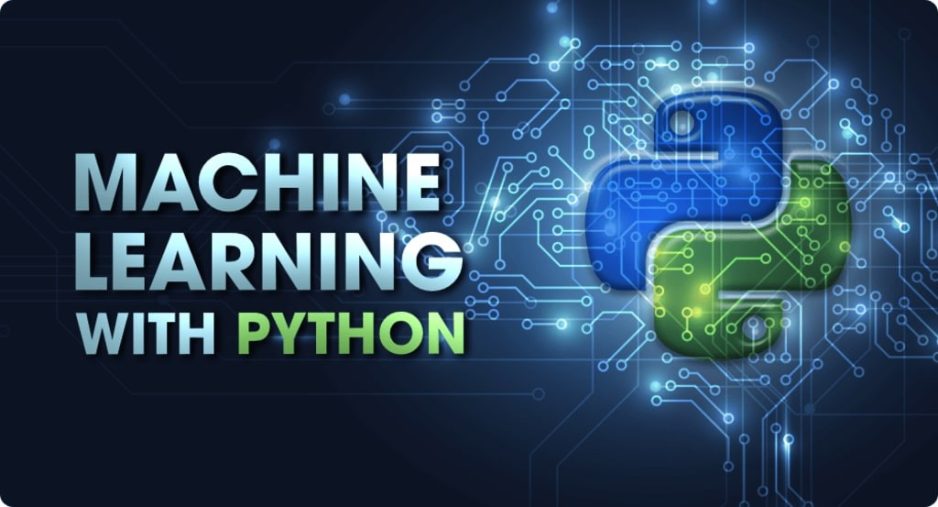From the realms of academia to Silicon Valley’s innermost circles, Python has quickly become the language of choice for a myriad of applications. But one environment, in particular, accentuates Python’s versatile and powerful nature—Linux. Python and Linux combine to create a synergy that takes programming efficiency to new heights. Let’s embark on a riveting journey into this extraordinary playground.
Linux: A Coder’s Paradise
Linux is often associated with the intricate underworld of system administrators and the dense vernacular of command-line wizards. But strip away the mythos, and you’ll find that Linux is a welcoming realm, teeming with tools for creativity and exploration. Linux serves as the ideal operating system for Python development due to its open-source nature, high degree of customizability, and its robustness.
Developing Python on Linux offers a realm of power and control unparalleled in other environments. The GNU/Linux command-line utilities, when combined with Python, opens up a world of scripting opportunities that are just not possible on other platforms. Imagine combining the flexibility and power of Python’s libraries with the raw control of Linux’s shell commands. This blend allows for the creation of scripts that automate complex tasks, manage system processes, or even interact with hardware at a low level.
Moreover, the Linux ecosystem embraces Python. Many Linux distributions come with Python pre-installed, and countless Python packages are available to install directly from the package manager, making setting up your development environment a breeze. The environment is compatible with a multitude of Python IDEs, enabling developers to choose their preferred workspace. It isn’t an overstatement to say that Linux offers a Pythonista’s dream environment.

Python: The Swiss Army Knife of Programming Languages
Python, with its expressive syntax and extensive standard library, is often referred to as the “Swiss Army Knife” of programming languages. Whether you’re a seasoned developer or a newbie just beginning your programming journey, Python’s simplicity and power make it a great choice for a variety of applications.
Python’s general-purpose nature lets it shine across various domains. It’s extensively used in web development, data science, artificial intelligence, and machine learning. Yet Python’s ease of use and readability doesn’t compromise its versatility and power. It contains extensive libraries and frameworks such as Django for web development, NumPy and Pandas for data analysis, and TensorFlow and PyTorch for machine learning.
On Linux, Python becomes even more potent. As Linux is the operating system of choice for many servers worldwide, Python’s web and network capabilities can be fully utilized. Python’s native support for sockets and various network protocols, combined with its scalability and robustness, allows for the creation of powerful server applications, network tools, and web crawlers. Additionally, Linux’s inherent security features, combined with Python’s secure coding practices, provide a sturdy defense against cyber threats.

Beyond these domains, Python and Linux are also deeply interwoven within the Internet of Things (IoT). Python’s readability, coupled with Linux’s efficient resource management, make them ideal for programming IoT devices. This combination allows developers to write scripts to interact with sensors, manipulate data, and communicate with other devices, all while conserving precious system resources.
Conclusion: An Unbeatable Combination
Python and Linux form a potent combination, each complementing the other’s strengths while mitigating its weaknesses. The blend of Python’s simplicity and versatility with Linux’s robustness and control provides a powerful platform for a multitude of applications. Whether you’re developing a web application, conducting data analysis, or programming an IoT device, this duo offers unparalleled power and flexibility.
In this dynamic world of technology, Python on Linux is more than just a playground. It is an ever-expanding universe where the only limit is the imagination of the developer. So gear up, jump into this extraordinary playground, and experience the power that Python and Linux together have to offer.

